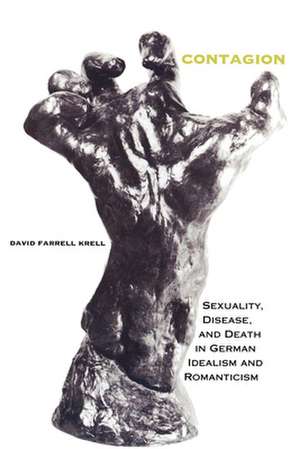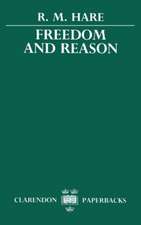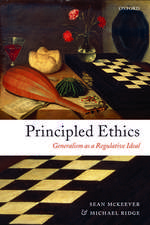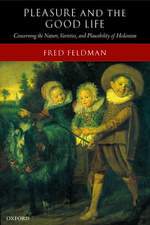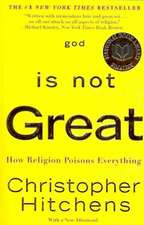Contagion – Sexuality, Disease, and Death in German Idealism and Romanticism
Autor David Farrell Krellen Limba Engleză Paperback – 21 mar 1998
Preț: 193.66 lei
Nou
Puncte Express: 290
Preț estimativ în valută:
37.06€ • 38.55$ • 30.60£
37.06€ • 38.55$ • 30.60£
Carte tipărită la comandă
Livrare economică 14-28 aprilie
Preluare comenzi: 021 569.72.76
Specificații
ISBN-13: 9780253211705
ISBN-10: 0253211700
Pagini: 256
Dimensiuni: 152 x 227 x 20 mm
Greutate: 0.4 kg
Editura: MH – Indiana University Press
ISBN-10: 0253211700
Pagini: 256
Dimensiuni: 152 x 227 x 20 mm
Greutate: 0.4 kg
Editura: MH – Indiana University Press
Recenzii
"Krell writes here with a brilliance of style that few other philosophers can match." - John Sallis
Notă biografică
David Farrell Krell is Professor of Philosophy at DePaul University. Among his books are Infectious Nietzsche, Daimon Life: Heidegger and Life-Philosophy, and Son of Spirit: A Novel.
Descriere
NatureÕs destructive forces in the writings of Novalis, Schelling, and Hegel.
